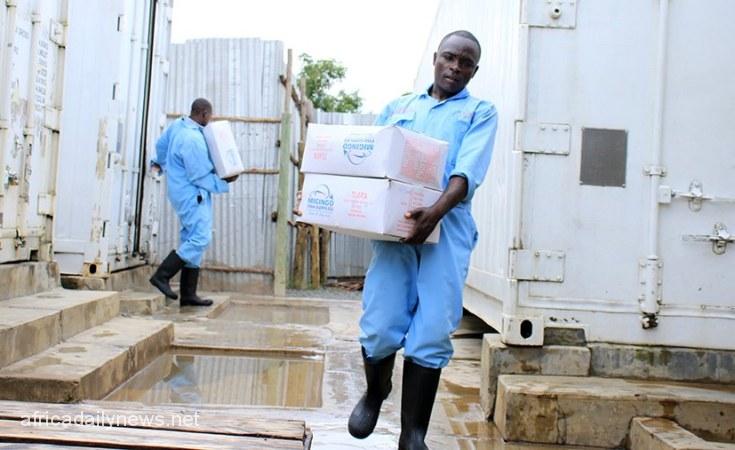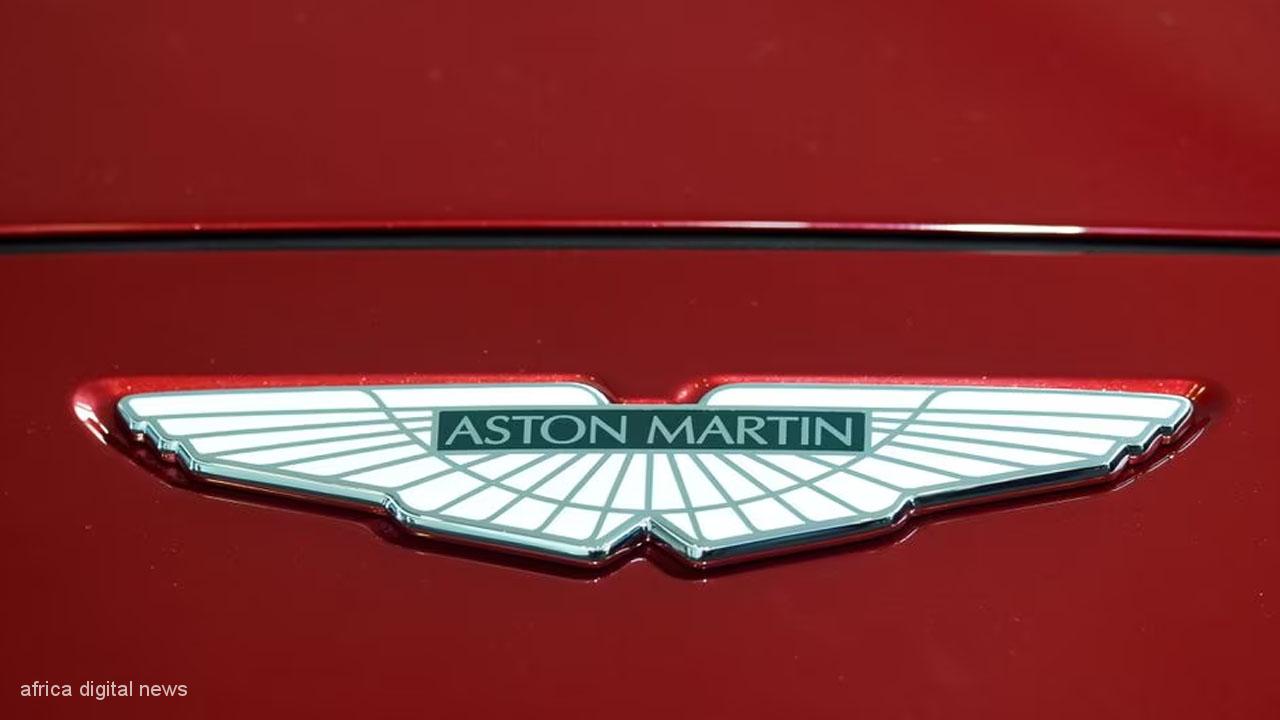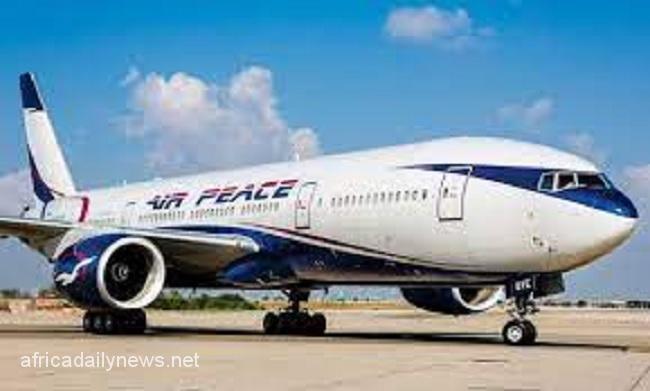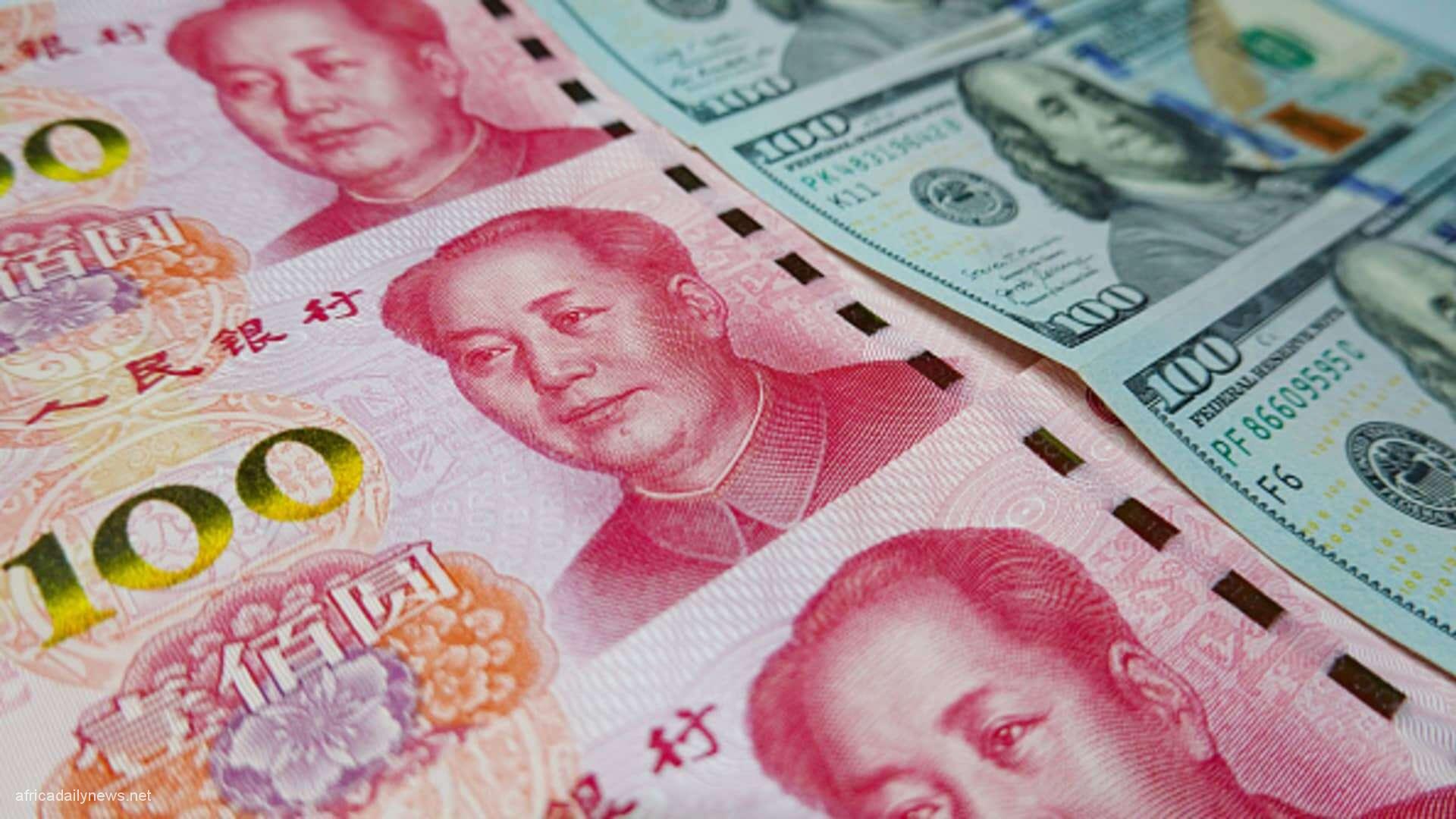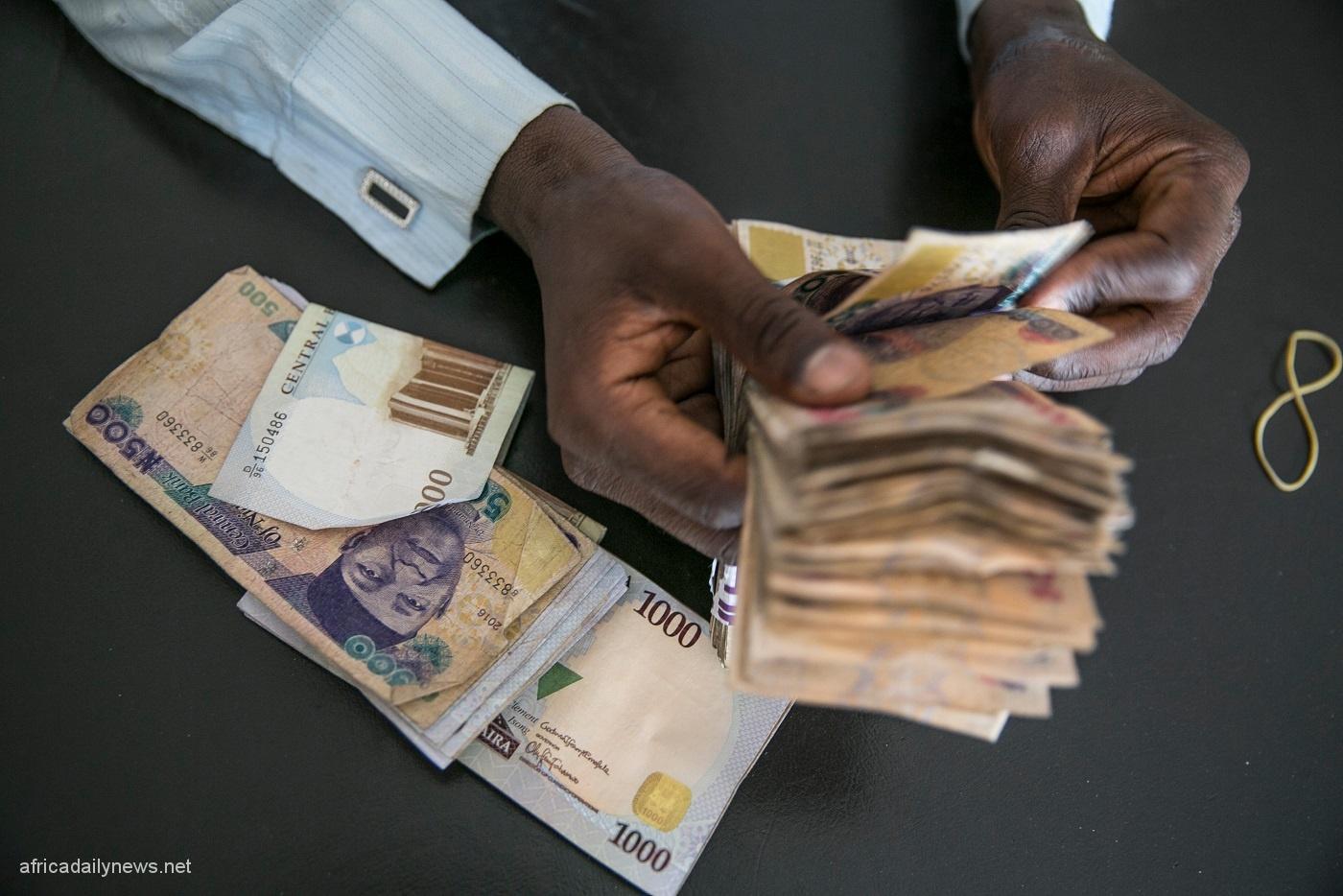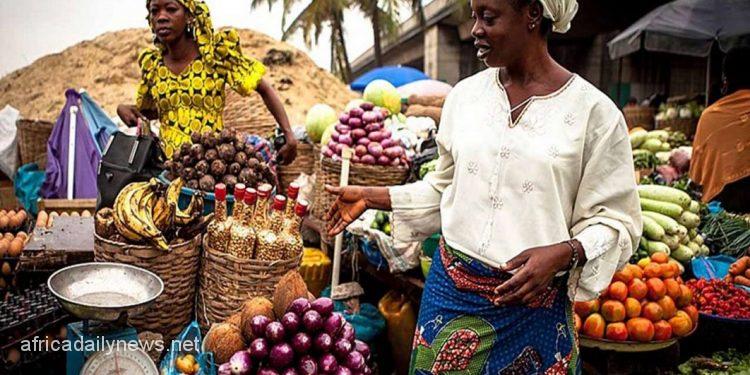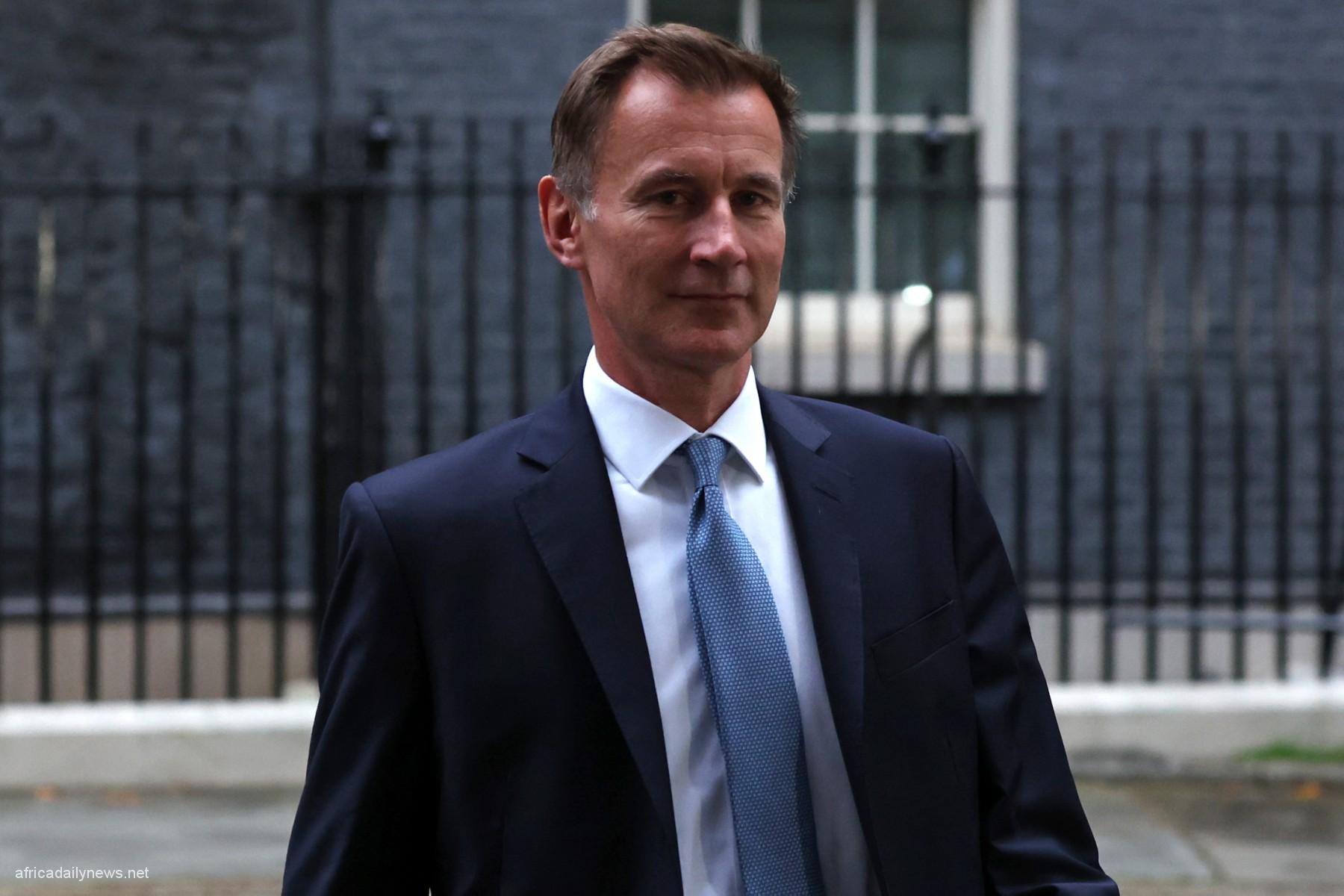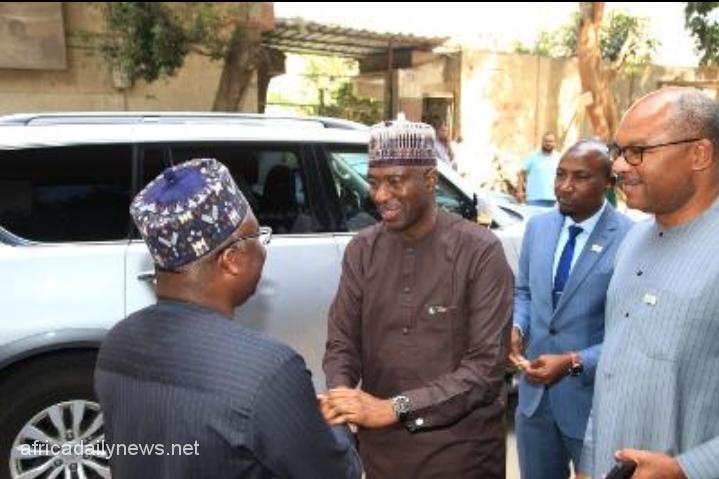Stakeholders in the aquacultural industry in Nigeria have harped on the need to open up more implementations and bridge the gaps in the acquacultural industry in order to improve the rate of international acceptance of locally grown fish which is being exported.
These stakeholders opined this at the ongoing Norwegian Seafood Council capacity training for fishery officers and stakeholders in Lagos.
Mrs Abbey Cheke who is the Norwegian Seafood Council representative also made sure that she harped on the importance of the training and capacity building to equip the sector for global acceptance.
“The training and capacity building for Nigerian fishery officers and stakeholders is the Norwegian government’s way of bridging the gap in the Nigerian aquaculture sector.
“By God’s grace today, the Norwegian Seafood Council and her government have put together capacity building and training workshop for the aquaculture sector in Nigeria.
“Everybody actively involved in catfish and tilapia farming and export in Nigeria knows that there is a big gap.
“The big gap is that processed fish whether filleted fresh or smoked catfish or tilapia fish is not allowed to access European markets or any international market.
“Nigerian fish is banned from entry into any international market because of certain logistics we do have in place.
“Norway is our best bet in getting experts to put us through in meeting international best practices when it comes to fish exports, she said.
She noted that Norwegian aquaculture is the most sustainable in the world.
“As of today, Norwegian aquaculture is the most sustainable in the world, as they continue to bag aquaculture and marine sustainability certificates in the last two years.
“We want the best for Nigerian aquaculture and its export hence the necessity of this training.
“If we get it right in Nigerian aquaculture sector, our fish will be accepted globally and removed from the ban list across international markets,” Cheke said.
The Director-General, Department of Fisheries and Ocean Policy, Norway, Mr Erling Rimestead, said the training and capacity building would foster the age long trade relationship between Nigeria and Norway.
“We hope the training will help to further develop the fishery industry in Nigeria.
“We want to help improve locally produced fish and make Nigeria a seafood producer globally.
“I hope the capacity building workshop will be fruitful and further strengthen the cooperation between Norway and Nigeria in seafood trade.
On his part, Mr Samson Alatise, from the Central Bank of Nigeria (CBN) Development Finance Department, said the apex bank is ready to finance the fish sector to the next level.
“As far as CBN is concerned we are keen on financing agriculture and not only rice alone.
“Fish is one of the focal activities that CBN concentrates on and for now we have a ‘Fish Champion’, a committee, set up to finance fish farming in Nigeria.
“The problem we have with fish financing under our Anchor Borrowers’ Scheme is lack of a viable anchor to off take the fish from the farmers.
“Lack of a viable anchor is limiting the CBN’s participation in terms of fish farming financing.
“We hope with this capacity building and training workshop, the issue of getting viable anchors will be addressed to boost the aquaculture sector,” Alatise said.

